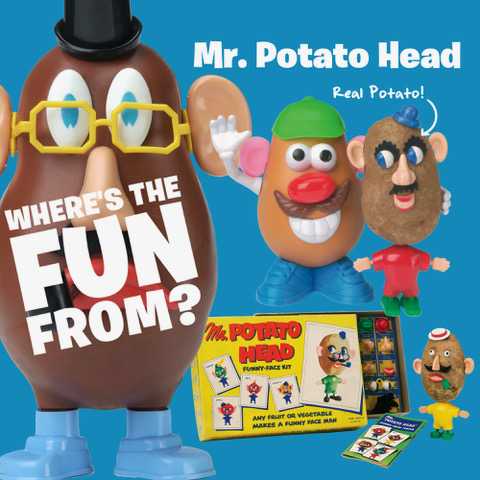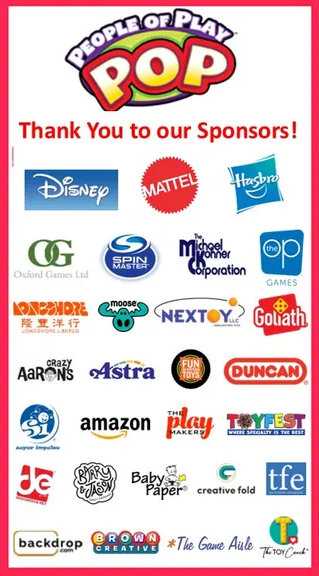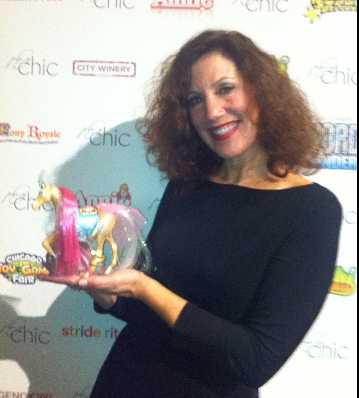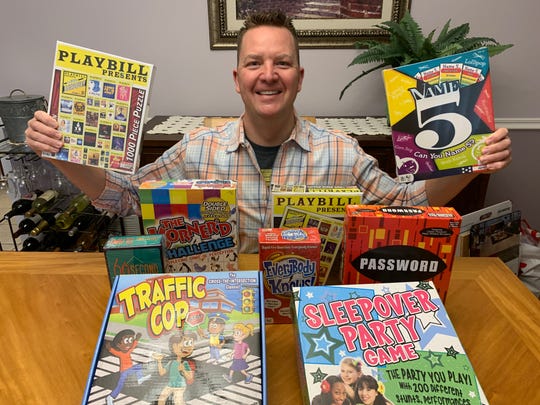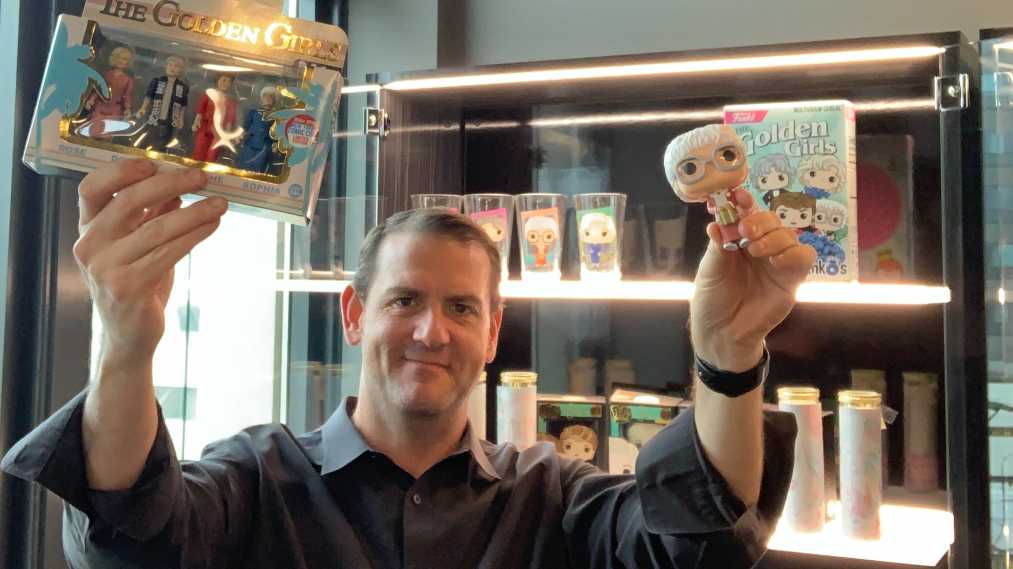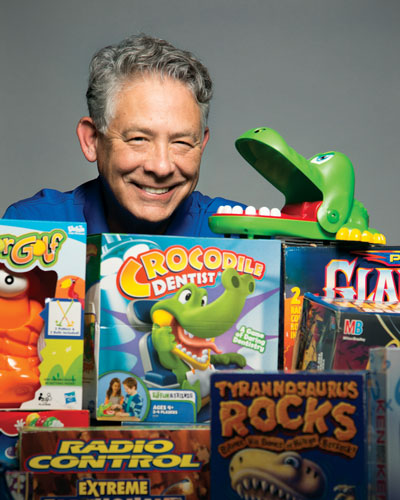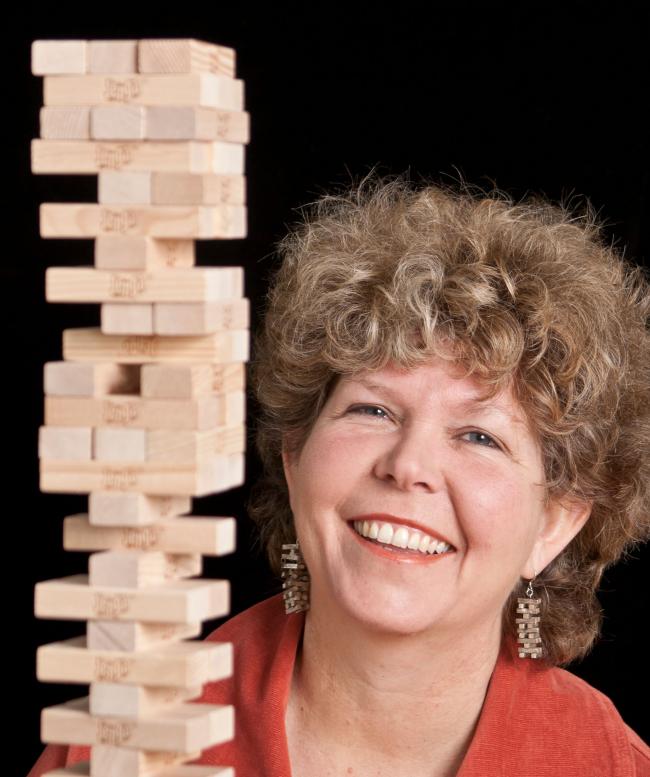Bruce Lund: Essays on Toys, Games, Invention, Imagination and Creation, Effort, Persistence and More…...
by Bruce Lund | 13 Jun 2024
Industry Commentary, Op-Ed

I have been a toy and game inventor and licensor for decades managing Lund and Company Invention, L.L.C. in Chicago. For more than 35 years we created a wide range of dolls, board games, preschool plastic games, action figures, vehicles and more. Some of our products have been on the market for 25 years or more. Many have won TOTY awards and other awards here in the U.S. and internationally.
In the process we have learned some things that perhaps might be of value to you. These essays are from my own personal experience and will cover several subjects: “Value of Play”, “Value of Toys”, “Game Play Teaches Unique Skills”, “Where do Ideas come from”, “Effort and Persistence”, “Making the Impossible, Possible” and other topics.
Essay 1- Games teach skills not taught elsewhere.
- Game playing is a very important medium through which kids learn about important life concepts that serve us well as adults.
- These concepts include fairness, cooperation, competition, playing by the rules, concentration, focus, and strategy.
- Consequences of cheating or other ill-advised behaviors.
- Pain of losing, and the joy of winning. Games teach us, as children and as adults, many important lessons.
- Games help us become successful human beings.
There is much more to be learned about the value of gameplay from studies done elsewhere. These are my observations based on many years of creating games and thinking about game play experience.
Games teach us, as children and as adults, many important lessons not learned elsewhere. They teach us about patience, concentration and focus. They give us the opportunity to learn to strategize. They give us the opportunity to teach us about competition, teamwork, and how to win or lose gracefully.
We learn what happens when one cheats and the unpleasant results if you are caught. We discover how to recognize others cheating as well. For younger children they can learn about numbers, counting, colors, fine and gross motor skills, reading. Basic educational concepts but in a fun way.
The legendary architect Le Corbusier once said: “A house is a machine for living….”.
My definition of a game is: “a machine for human interaction.” Whether by card or die, ball or board, the activity of playing a game engenders, encourages, and creates the interpersonal communication we call “fun.”
It is hard to define precisely what fun is, but we know it when we see it or experience it ourselves. Fun is the magic that happens in the air between people and above the actual game equipment. The world needs more fun.
A game enables an enjoyable interplay between people, somehow, someway. It is magical. What makes a game great is a mystery to me. Unlike a toy, the magic is in the interactions of the players and does not often reside in the device itself, as it does in toys.

Our game Fireball Island is considered a cult classic. Called out as one of the best board games of the 1980s. One European game designer told me it was the reason he got into the game design field.
Another Lund game, Dragon Strike, was named Game of the Year in Austria, a country where games are revered and treasured. Doggie Doo action game was named 2011 Game of the Year in France, Australia and England!
A few quotes about Fireball Island:
“I truly love that game. It has brought tons of joy to my life. I love sharing it with people who have never played. We even played it this year during the family Christmas get-together and it was a huge hit. Thank you so much for creating Fireball Island!”
“OMG you are the inventor of FIREBALL ISLAND? I LOVED that game when I was a kid!”
“Wait, you made Fireball Island? WOW! Quite frankly, one of the best board games ever created.”
This is how we want people to feel about playing games we create.
There really is no substitute for face-to-face, hand-to-hand, head-to-head game play, whether on the field, the floor, or the table. The values are many, in fact, including not just the social aspects of cooperation, competition, following rules, and so on, but also the physical, fine and gross motor skills, logic, and more. Another great point of game play is their flexibility and the opportunity they offer for players to be creative by modifying the play of the game.
Games allow us to experience success of winning and failure of losing. We learn about patience by awaiting one’s turn, to concentrate on your choices and your opponent’s choices, to recognize cheating and learn how to deal with it when others do it.
Games are an important part of our early discovery process. Through play, children experiment with and discover for themselves the workings of the physical world as well as how to interact with others, both adults and children. Through game play, we discover the unwritten rules of social behavior: what works well and what does not.
Games and gameplay are very important parts of a child’s life and important to us as adults as well.
I am available for questions and to hear your thoughts at bruce@lundleather.com or text 773 301 0836. “
Recent Blogs
Recent Blogs

Industry Commentary, Op-Ed
York-Jersey Underwriters’ Celebrates 100 years in Business!
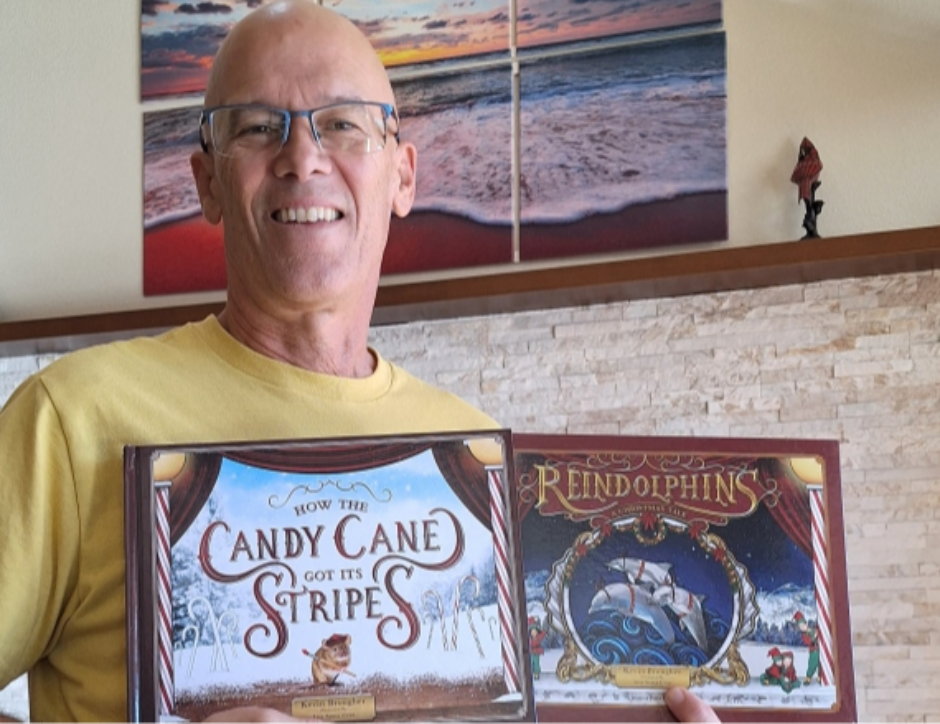
Biographies and Interviews
Kevin Brougher talks Learning Games, Reindolphins and His Style of Music
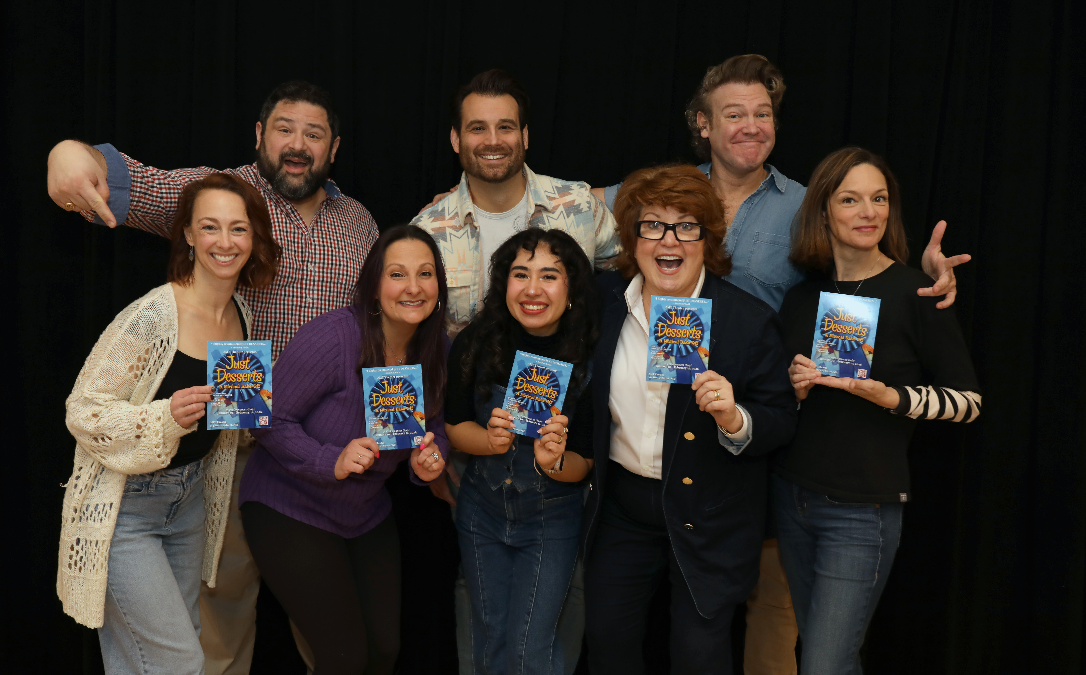
Biographies and Interviews
Inventor Brad Ross on his off Broadway Play, JUST DESSERTS: A Musical Bake-Off
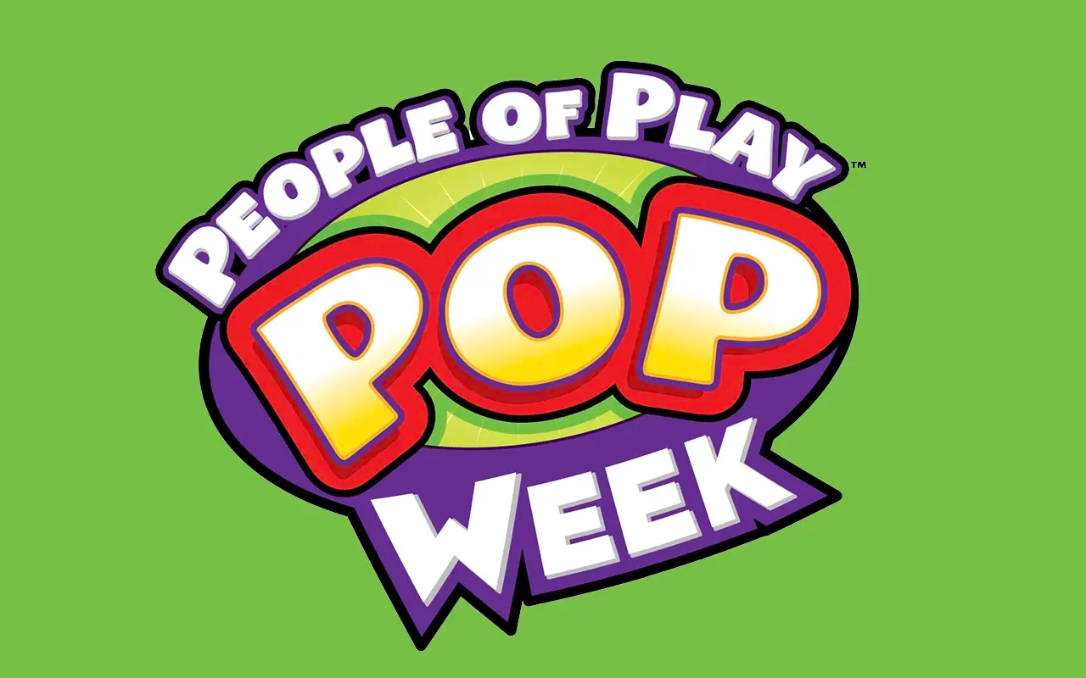
Press Release
People of Play™ Announces POP Week 2026 Dates, Returning to Chicago November 5-8

Biographies and Interviews
Interview on “One! The Evolution of Civilization” by Jay Horowitz – January 2026
See more
Recent Wiki
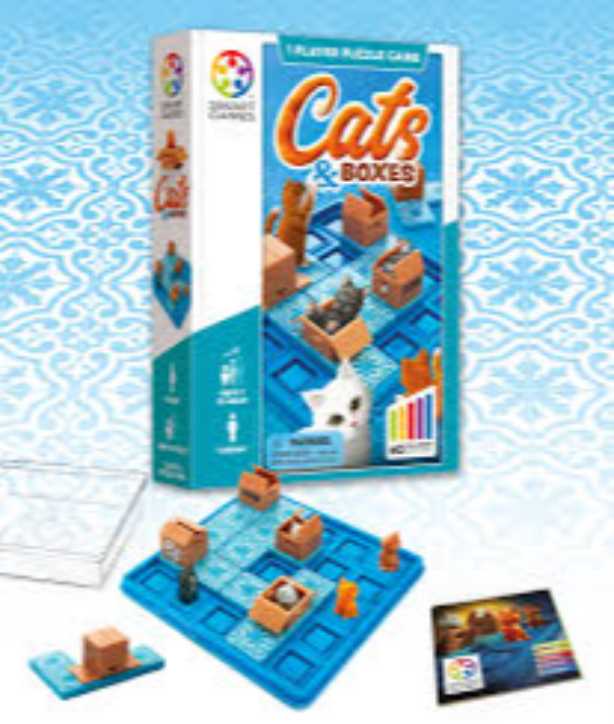
BOOK REVIEWS
Game Review: Cats & Boxes

PEOPLE
Ana Maria, Founder of The Magical Underland Inc., Rings in the Holidays with a new kind of Christmas Tree
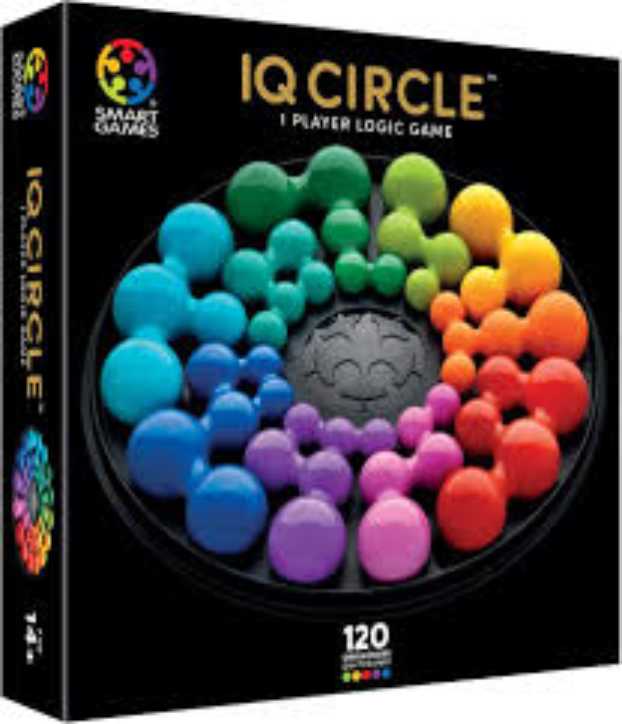
BOOK REVIEWS
Game Review: IQ Circle

PEOPLE
Catching up with Eric Olsen, The Inventor of Flip 7 and Co-Creator of Messy Table Games

BOOK REVIEWS
Book Review: Happytecture by Anna Devís & Daniel Rueda
See more
POP's Got Talent

POP Entertainment
Randy Klimpert Shares his Ukulele Collection
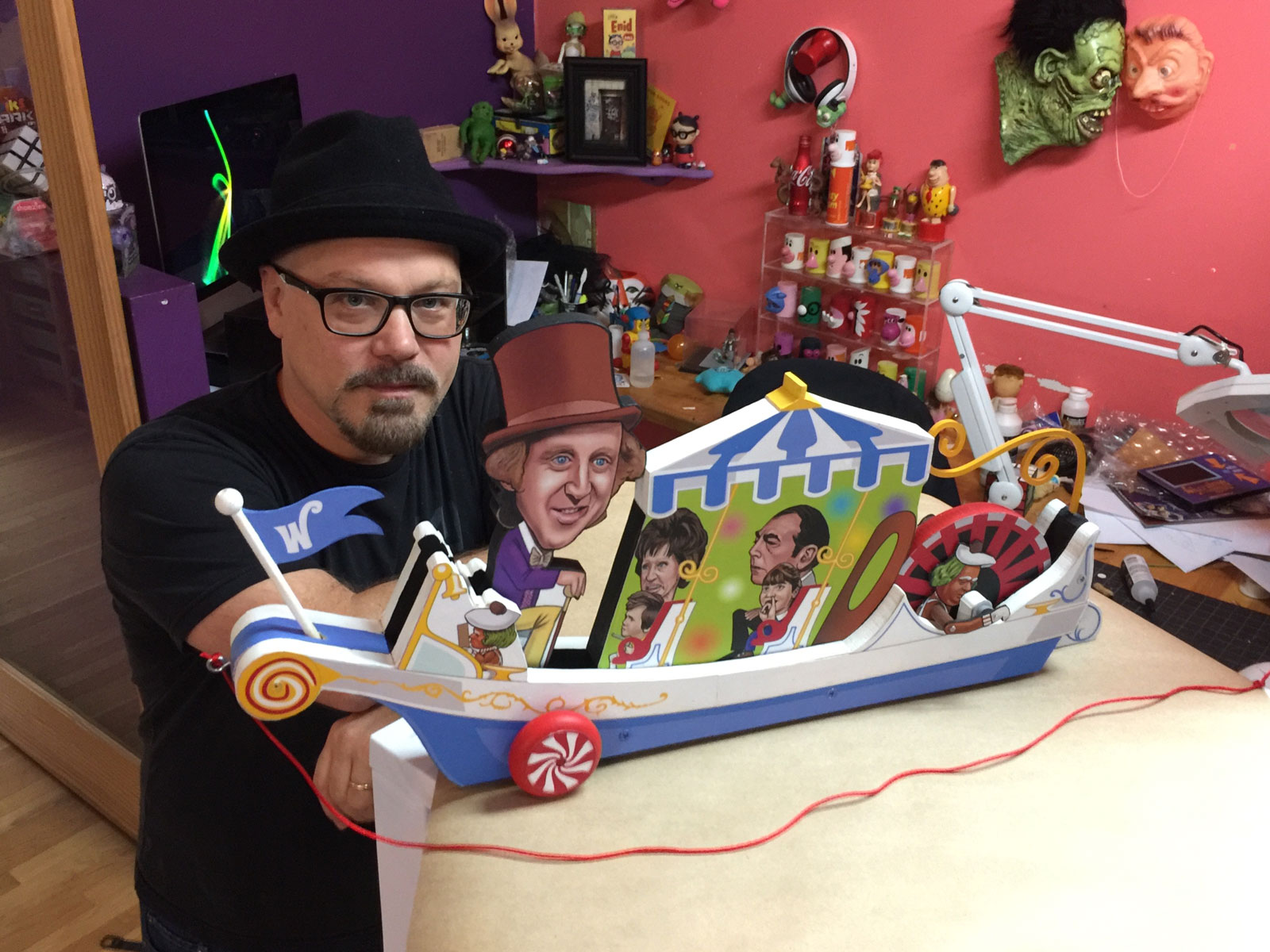
POP Entertainment
Steve Casino Peanut Art
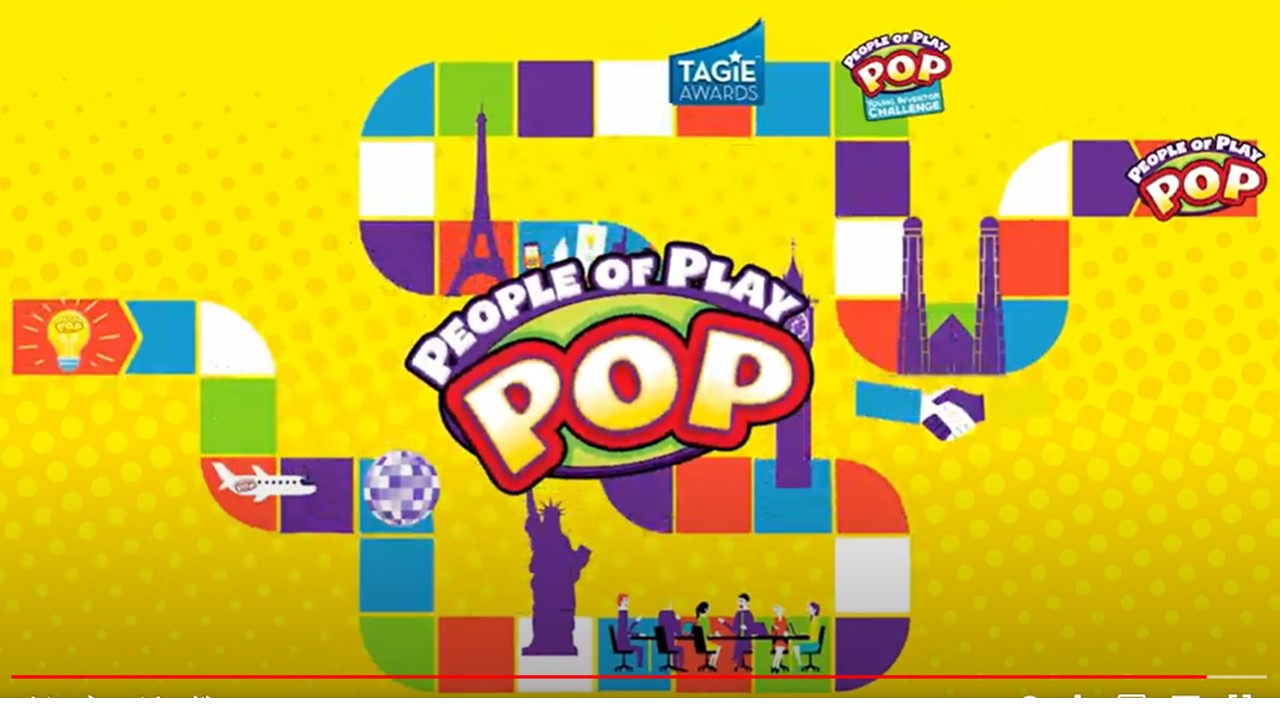
POP Entertainment
Everyone's Talking about POP!
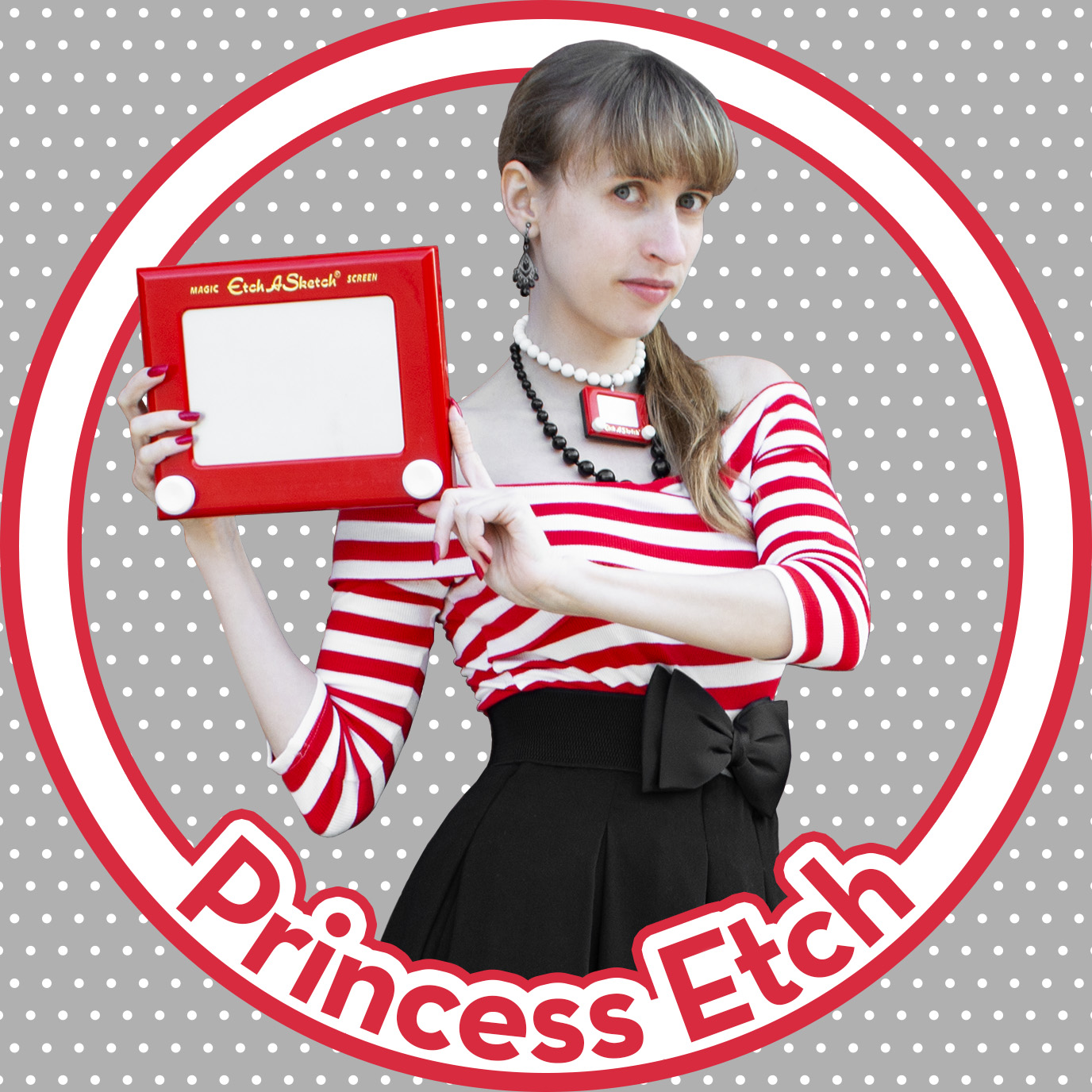
POP Entertainment
Princess Etch - a Multi-Talented Etch A Sketch Artist

POP Entertainment
Joseph Herscher of Joseph' s Machines.
See more
Recent POPcast
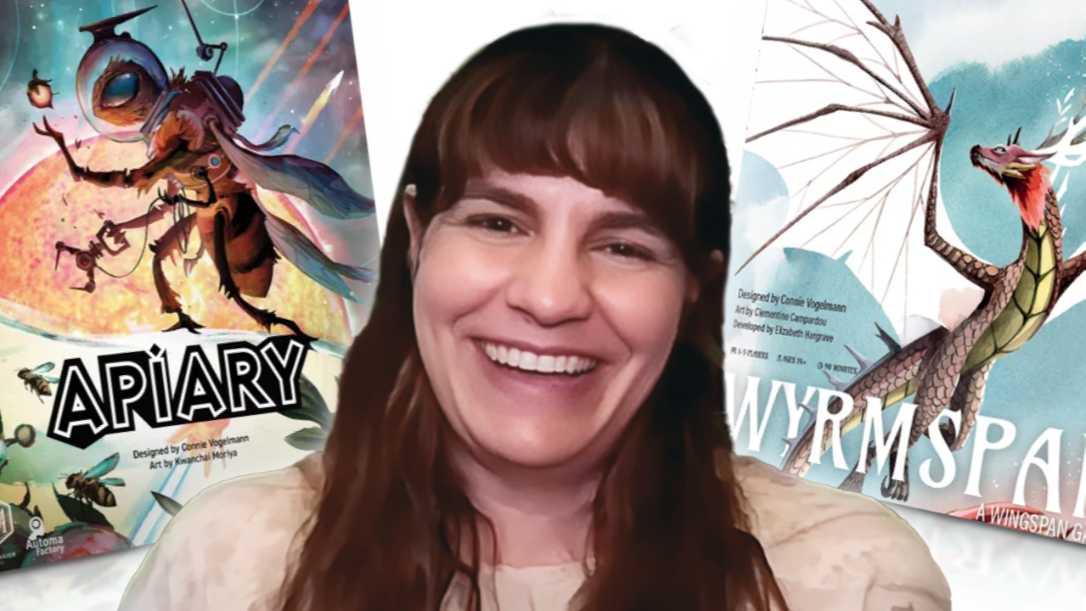
Hidden Role: The Brains Behind your Favorite Games
Connie Vogelmann designed Apiary & Wyrmspan!

Hidden Role: The Brains Behind your Favorite Games
Bob Fuhrer... Is THE Crocodile Dentist!

Hidden Role: The Brains Behind your Favorite Games
Tom Dusenberry... Bought Atari, Wizards of the Coast, and Avalon Hill!

Hidden Role: The Brains Behind your Favorite Games
Matt Leacock created Pandemic... the game!

Hidden Role: The Brains Behind your Favorite Games
Scott Brown and Tim Swindle... are Launching a New Sport!
See more
POPDuos

POPDuos: Interviews with Legends and Leaders
POPDuo: Richard Dickson, Mattel’s President & COO, and Kedar Narayan, Young Inventor Challenge AMB

POPDuos: Interviews with Legends and Leaders
POPDuo: Will Shortz and Josh Wardle

POPDuos: Legends and Leaders Explore Creativity
POP Duo: Elan Lee, Co-Founder, Exploding Kittens.and Jeff Probst, Host and Exec Producer, Survivor

POPDuos: Legends and Leaders Explore Creativity
POP Duo: David Fuhrer, MNG Director, Blue Sq Innovations & Shawn Green, past Dodgers & Mets MLB Star

POPDuos: Legends and Leaders Explore Creativity
POP Duo: Bob Fuhrer, Founder, Nextoy and Tom Fazio, Golf Course Designer
See more




